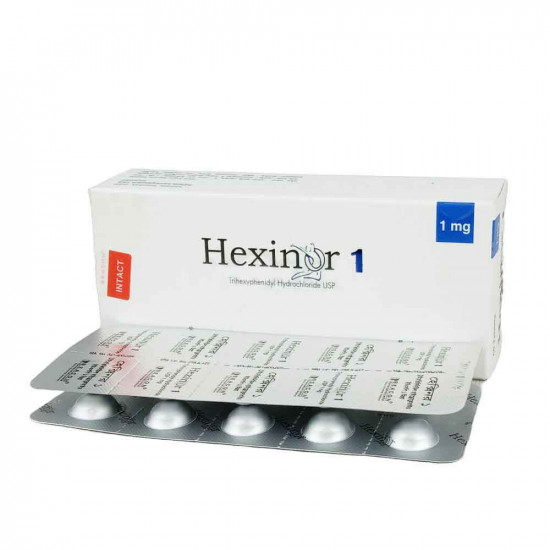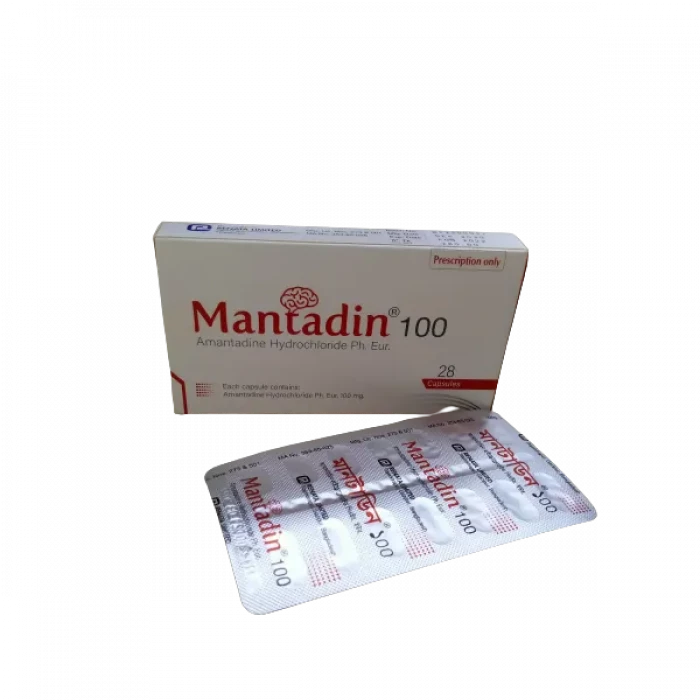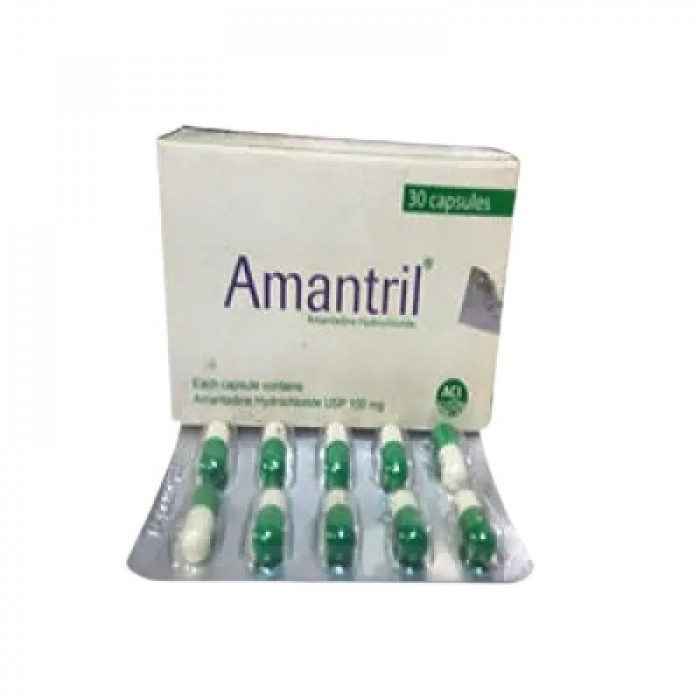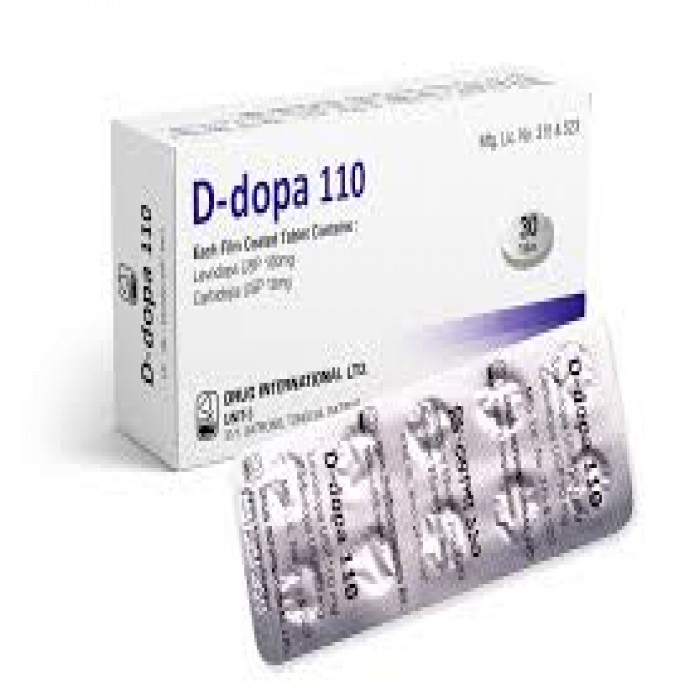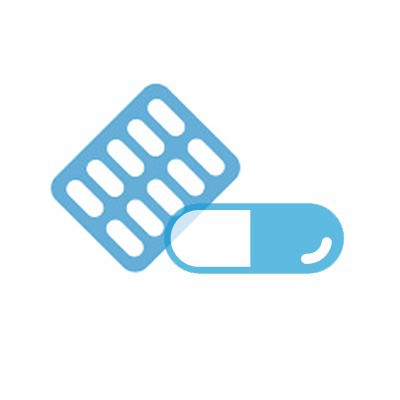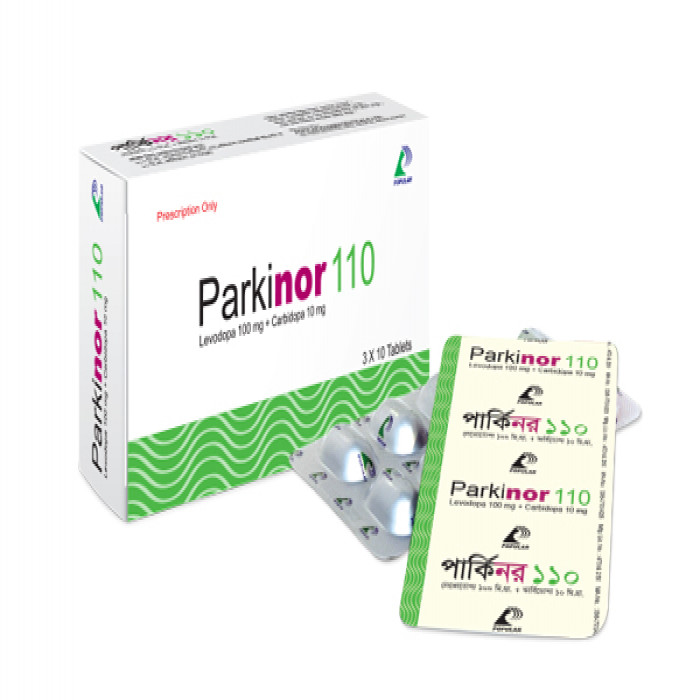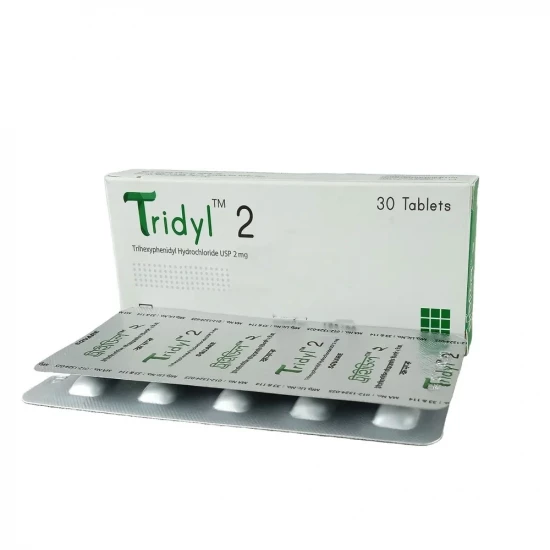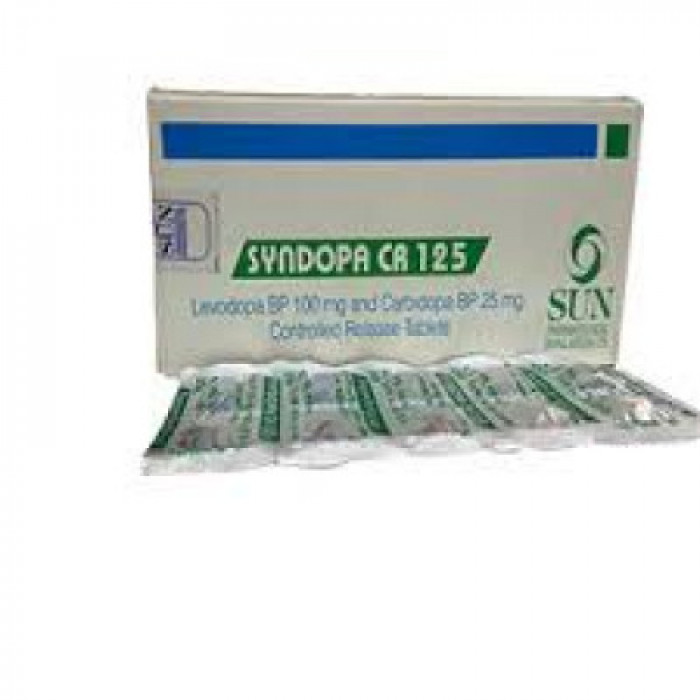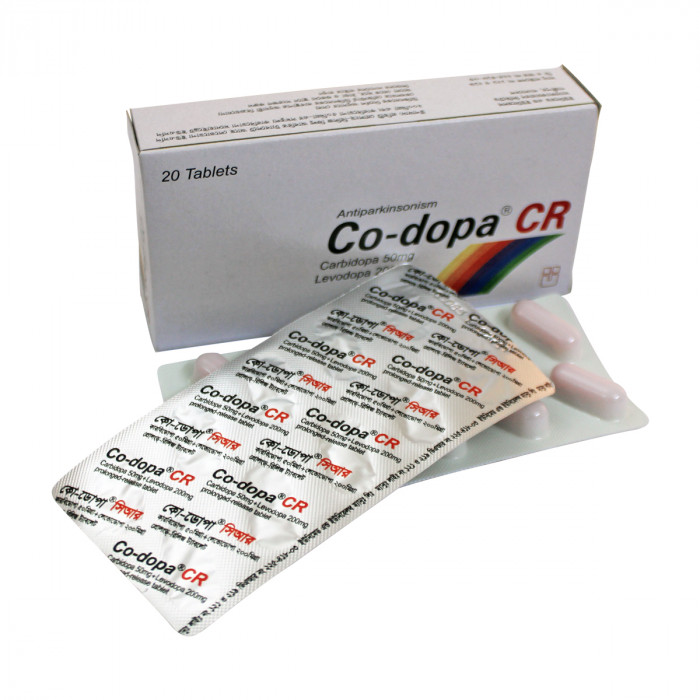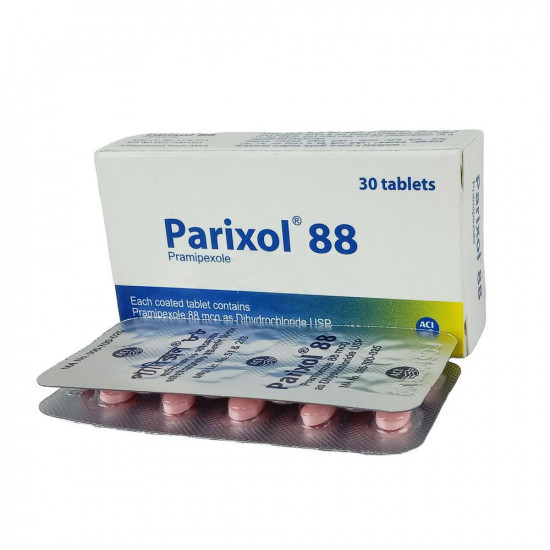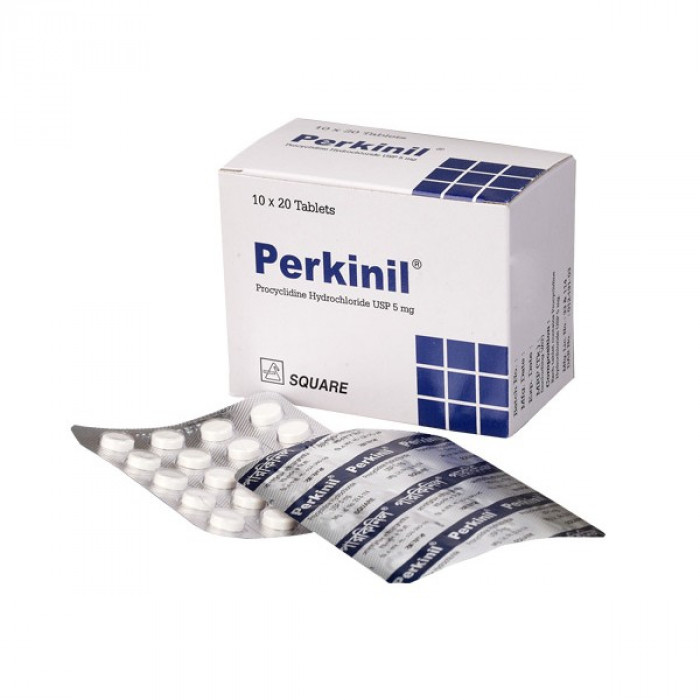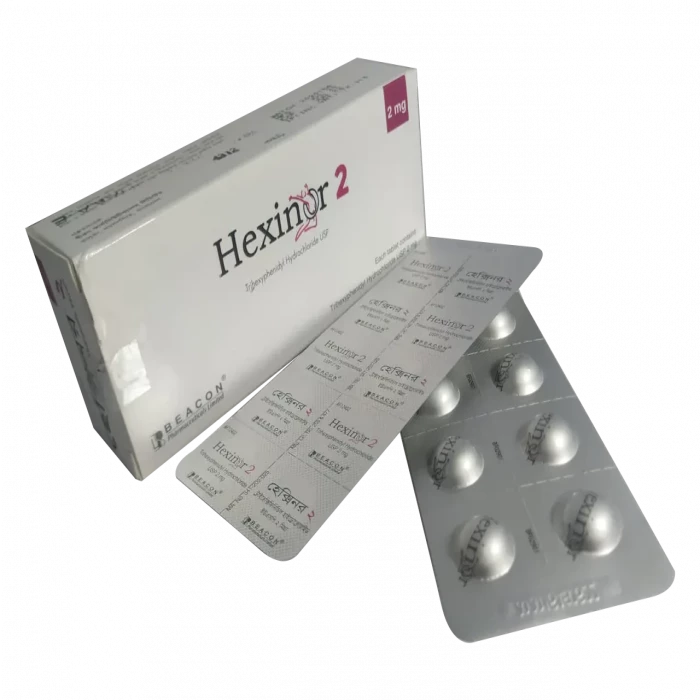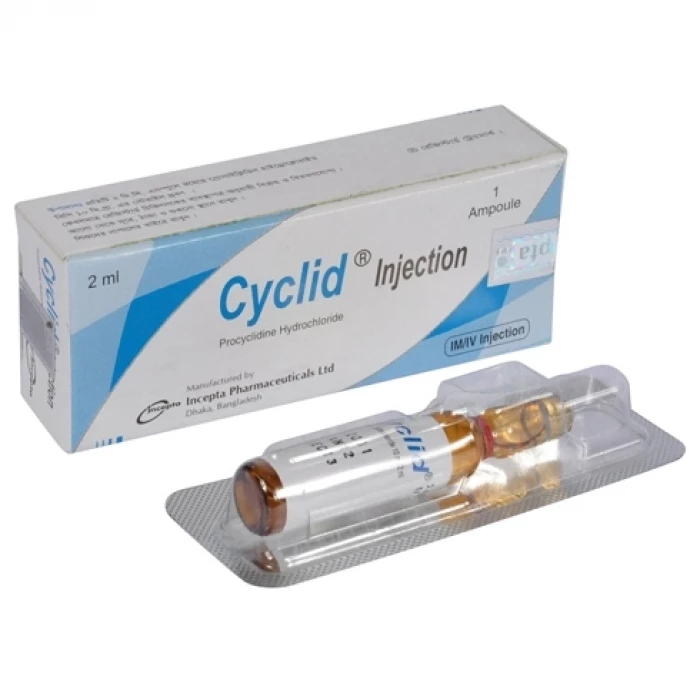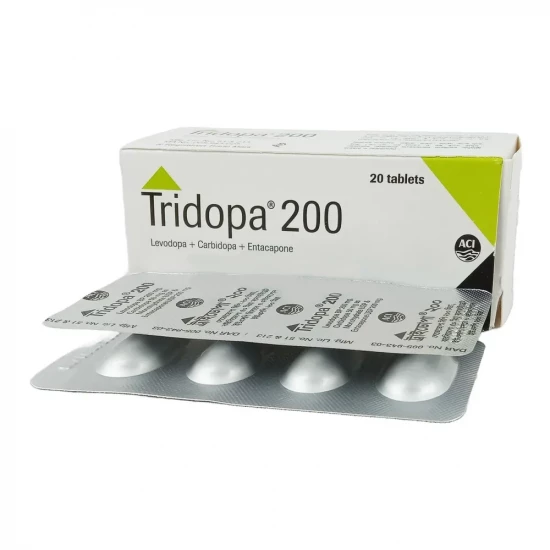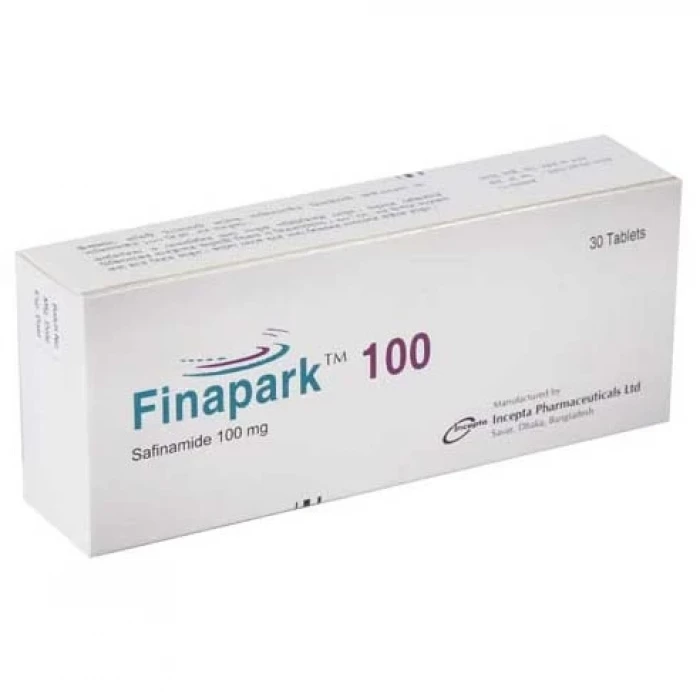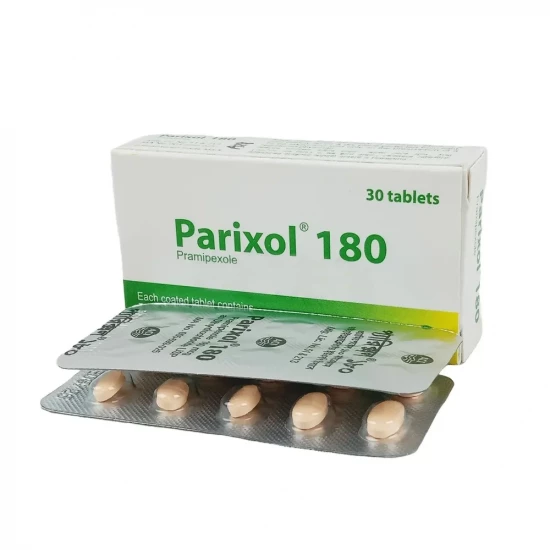
✔ 100% Authentic Product
👁️ Currently Viewing 2648
✅ Description:
Indications
Trihexyphenidyl hydrochloride can be used as an adjuvant treatment for all forms of Parkinson's syndrome (post-encephalitis, arteriosclerosis and idiopathic). In addition, it is also suitable for controlling extrapyramidal diseases caused by central nervous system drugs, such as dibenzoxazepine, phenothiazine, thioxanthene and butyrylbenzene.
Pharmacology
Trihexyphenidyl is a non-selective muscarinic acetylcholine receptor antagonist, but it has a higher affinity for binding to the M1 subtype. In vivo studies have shown that trihexyphenidyl has a higher affinity for central muscarinic receptors located in the cerebral cortex, and a lower affinity for muscarinic receptors located in the periphery. Other studies have shown that trihexyphenidyl can change the neurotransmission of nicotinic acetylcholine receptors, indirectly leading to increased dopamine release in the striatum. Although it has been shown that anticholinergics can be used to treat symptoms related to Parkinson's disease or other movement disorders, their mechanism of action has not been fully clarified.
Dosage & Administration
Dosage should be individualized. The initial dose should be low and then increased gradually, especially in patients over 60 years of age. Whether Trihexyphenidyl may best be given before or after meals should be determined by the way the patient reacts.
Idiopathic Parkinsonism: 1 mg of Trihexyphenidyl may be administered the first day. The dose may then be increased by 2mg increments at intervals of three to five days.
Drug-Induced Parkinsonism: Commence therapy with a single 1 mg dose increase the total daily dosage to 5-15 mg range if the extrapyramidal manifestations are not controlled.
Concomitant Use with Levodopa: When Trihexyphenidyl is used concomitantly with levodopa, the usual dose is 3-6 mg daily.
Interaction
Cannabinoids, barbiturates, opioids and alcohol can have an additive effect with dihexyphenidyl, so there is a possibility of abuse. Simultaneous use of alcohol or other central nervous system depressants and trihexyphenidyl may increase the sedative effect. Patients taking monoamine oxidase inhibitors and tricyclic antidepressants may be contraindicated.
Contraindications
Patients who are allergic to trihexyphenidyl HCl or any ingredient in tablets or elixirs are contraindicated. Benhexyl is also contraindicated in patients with narrow-angle glaucoma. According to reports, due to narrow-angle glaucoma, blindness after long-term use.
Side Effect
Minor side effects, such as dry mouth, blurred vision, dizziness, mild nausea or nervousness. Patients with arteriosclerosis or a history of allergies to other drugs may experience confusion, agitation, behavior changes, or nausea and vomiting. Possible side effects are constipation, drowsiness, urinary retention or urinary retention, dilated pupils, increased intraocular pressure, vomiting, and headache.
Pregnancy & Lactation
Pregnancy category C. It is not clear whether the drug will be excreted in human milk, so diphenhydramine should only be used when the expected benefit to the mother outweighs the potential risk to the baby.
Precautions & Warnings
Patients with heart, liver or kidney disease or high blood pressure should be closely monitored. Due to the parasympathetic activity of trihexyphenidyl hydrochloride, patients with glaucoma, gastrointestinal or genitourinary obstructive diseases and elderly men who may have an enlarged prostate should be used with caution. Benhexyl is not recommended for patients with tardive dyskinesia unless they also have Parkinson's disease. Sudden discontinuation of Parkinson's disease treatment can lead to an acute exacerbation of Parkinson's disease symptoms; therefore, sudden withdrawal should be avoided.
Therapeutic Class
Antiparkinson drugs
Storage Conditions
Do not store above 30°C. Keep away from light and out of the reach of children.
⚠️Disclaimer:
At ePharma, we’re committed to providing accurate and accessible health information. However, all content is intended for informational purposes only and should not replace medical advice from a qualified physician. Please consult your healthcare provider for personalized guidance. We aim to support, not substitute, the doctor-patient relationship.







